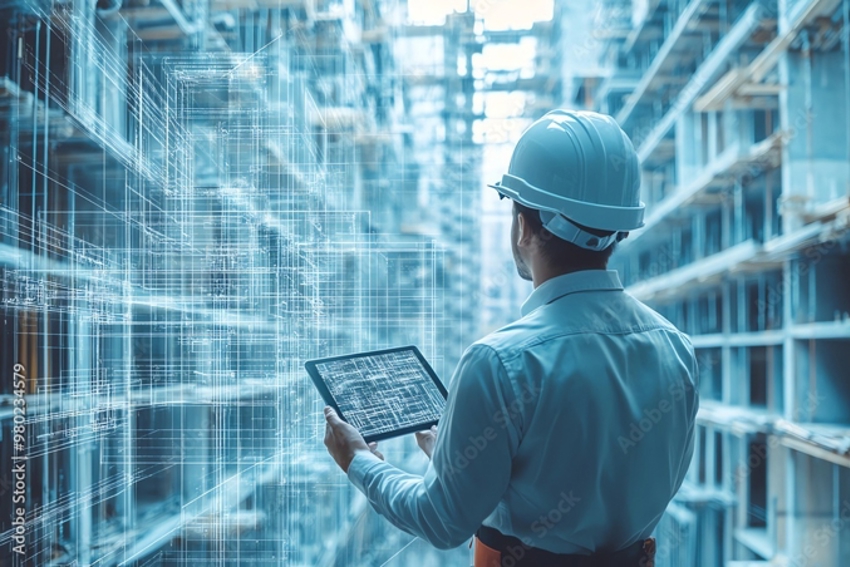Is resilience a key to the future?
Resilience refers to a building's ability to withstand unexpected events and ensure long-term sustainability, thereby protecting people. Resilience of buildings is no longer an option; it is a necessity.

Exploring resilience in buildings
Resilience is about designing systems and their reactions, including recovery and adaptation, to shock events. The systems can respond and adapt, that is, recover and return to the state, or ultimately fail, meaning that there is no resilience. Resilience can also include flexibility, adaptability, integration, robustness, resourcefulness, regeneration and more.
Designing for resilience means accounting for both current and future conditions. Resilience is about being prepared and mitigating negative impacts. However, we can be even more holistically prepared to support, adapt, and maintain through buildings. It is a way of considering a building's larger impact in unexpected events.
As unforeseen events become more frequent, unpredictable, and intense, buildings must still adapt to protect lives, systems, and environments. Resilience in buildings is no longer an option; it is a necessity that demands action from all, such as – from investors, architects, engineers and others involved.
Resilience can also directly address people's health and indoor environmental quality (IEQ). A key element is resilience in healthy buildings with the built indoor environment where health, sustainability and resilience perspective must be included in buildings through resilience.
We can connect sustainability, circularity, and resilience in buildings, as all buildings are designed and built to withstand external stressors – extreme weather-related disruptions, global health-related outbreaks, technological and economic failures and rapid human-caused changes.
Dig into exploring resilience in buildings
In the fields of engineering and construction, resilience refers to the ability to absorb or mitigate damage without suffering complete failure. The objective of design, maintenance, restoration for buildings, infrastructure and communities is to ensure their long-term sustainability. It is the ability to respond, absorb and adapt to, as well as recover from, a disruptive event.
A resilient structure/system/community is expected to be able to withstand an extreme event with minimal damage and functionality disruptions during the event; after the event, it should be able to rapidly recover its functionality similar to or even better than the pre-event level.
Future-proofing and smart-readiness
Buildings need to be energy-efficient and sustainable to support decarbonisation — for the future; while also providing comfortable and healthy living environments — for people. There is a great need for data to transform modern buildings; people must utilise their expertise and available data for high-performing buildings with reliable building systems.
So, how can smart-ready technologies help improve occupants' comfort and buildings' energy consumption? Smart buildings are about connection — interlinking and reacting to signals — thereby satisfying building occupants' demands and achieving good energy performance in buildings.
The smartness of a building refers to its ability to sense, interpret, communicate, and actively respond efficiently to changing conditions related to the operation of technical building systems, the external environment, and the demands of building occupants. Smart buildings are the key to healthier and more comfortable environments with lower energy use and reduced carbon emissions, while facilitating the integration of renewable energy sources into the energy system.
The EPBD Recast, supported by the Smart Readiness Indicator (SRI), envisions smart buildings as integrated energy systems — capable of producing, using, and storing energy while providing a healthy and comfortable indoor environment for people through effective HVAC systems and other advanced building services.
Using the EPBD and SRI to make indoor climate visible and valued by everyone is a step in the right direction. There is still a clear challenge in standardising the translation of improving indoor environmental quality (IEQ) into economic value. The indoor climate must become more visible by prioritising user needs and enhancing health, well-being, accessibility, comfort and convenience for people.
Read more about future-proofing and smart-readiness

A sensible climate policy would emphasize building resilience into our capacity to adapt to climate changes – whether cooling or warming; whether wholly natural, wholly man-made, or somewhere in between.Steven F. Hayward, American conservative author